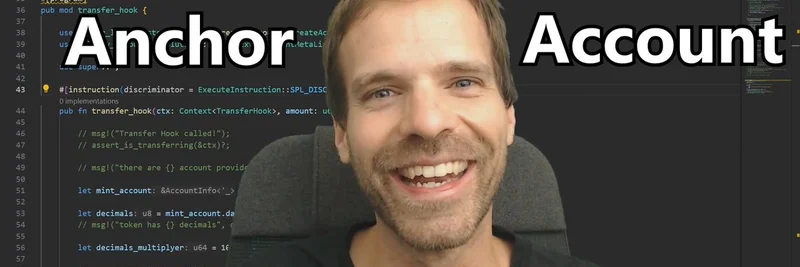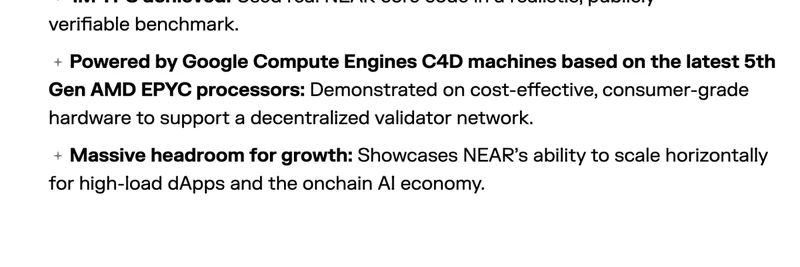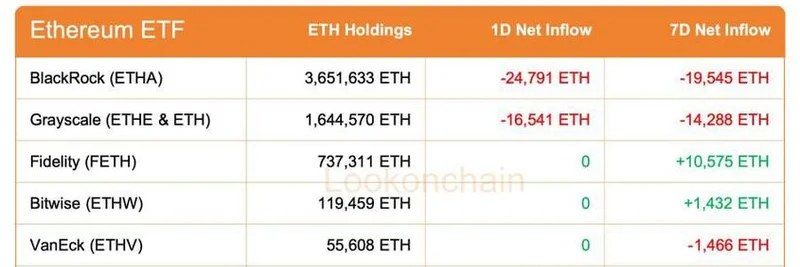If you've been diving into Solana development, especially with meme tokens that often rely on quick and cheap transactions, you know how crucial it is to keep your programs lean. Anchor, a popular framework for writing Solana smart contracts, makes life easier for devs, but it can sometimes chew through more compute units (CU) than you'd like. CU are basically Solana's way of measuring how much processing power your program uses during a transaction—think of it as gas fees on Ethereum, but more granular.
A recent thread on X from Solana dev @HeyAndyS highlights a smart workaround: decoding accounts manually instead of letting Anchor handle it automatically. This can slash your CU consumption and make your programs run smoother, which is a game-changer for high-volume meme token projects where every bit of efficiency counts.
In the thread, Andy points out that Anchor programs can get CU-heavy, but with tricks like manual account decoding, you can optimize big time. He shares a video breaking it down step by step.
The video, linked in the thread (watch it here), dives into how Anchor's default account handling adds overhead. By taking control and decoding accounts yourself in Rust code, you bypass unnecessary checks and deserialization steps. For example, instead of using Anchor's #[account] macro for everything, you might manually deserialize data from the account's byte slice using Borsh or similar serializers.
Why does this matter for meme tokens? Meme coins on Solana often involve airdrops, liquidity pools, or community-driven features that trigger lots of on-chain interactions. High CU usage can lead to failed transactions during network congestion, frustrating users and potentially tanking your token's hype. Optimizing like this keeps costs down and reliability up, helping your project stand out in the crowded meme space.
Andy also tags fellow devs like @SolPlay_jonas, @jacobvcreech, and others, sparking a mini-discussion. One reply from @meitipro1 sums it up: "anchor cu hacks sound clutch 👀 manual decode for the win." It's clear the community is all in on these efficiency boosts.
If you're building the next big meme token or just tinkering with Solana, give manual decoding a shot. It might require a bit more code upfront, but the payoff in performance is worth it. Check out the full thread for more insights, and stay tuned to Meme Insider for more tips on leveling up your blockchain game.



